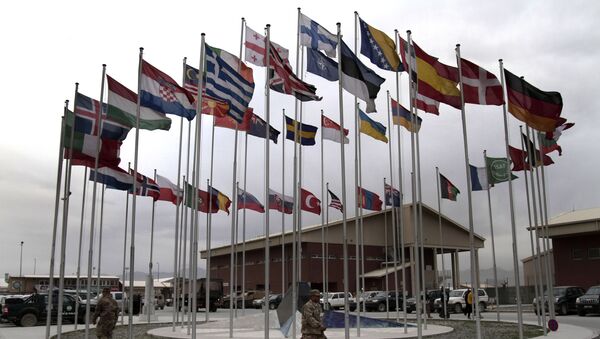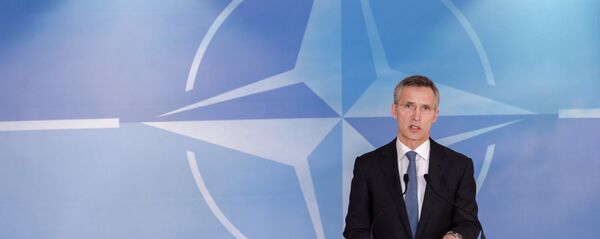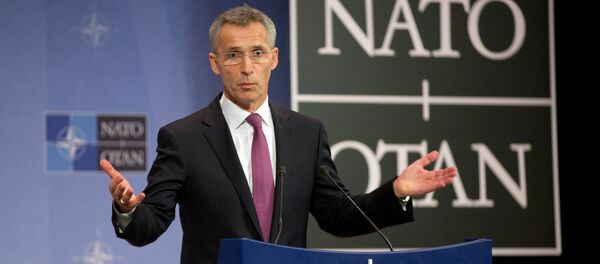“I think it is important to underline that existing lines remain open and NATO foreign ministers agreed in December that at this time of tension there is a need for regular communication between NATO and Russian military to avoid any incidents,” Stoltenberg told reporters.
Increased Russian military activity near NATO borders, as well as the alliance’s growing presence close to Russian borders “increases the risk of misunderstandings and situations coming out of control”, Stoltenberg stressed.
Relations between NATO and Russia have been tense since early 2014, as the alliance has accused Moscow of interfering in the Ukrainian crisis. Russia has repeatedly denied the claims.
In April, NATO ceased all practical cooperation with Russia, limiting contacts to ambassadorial and higher levels.



